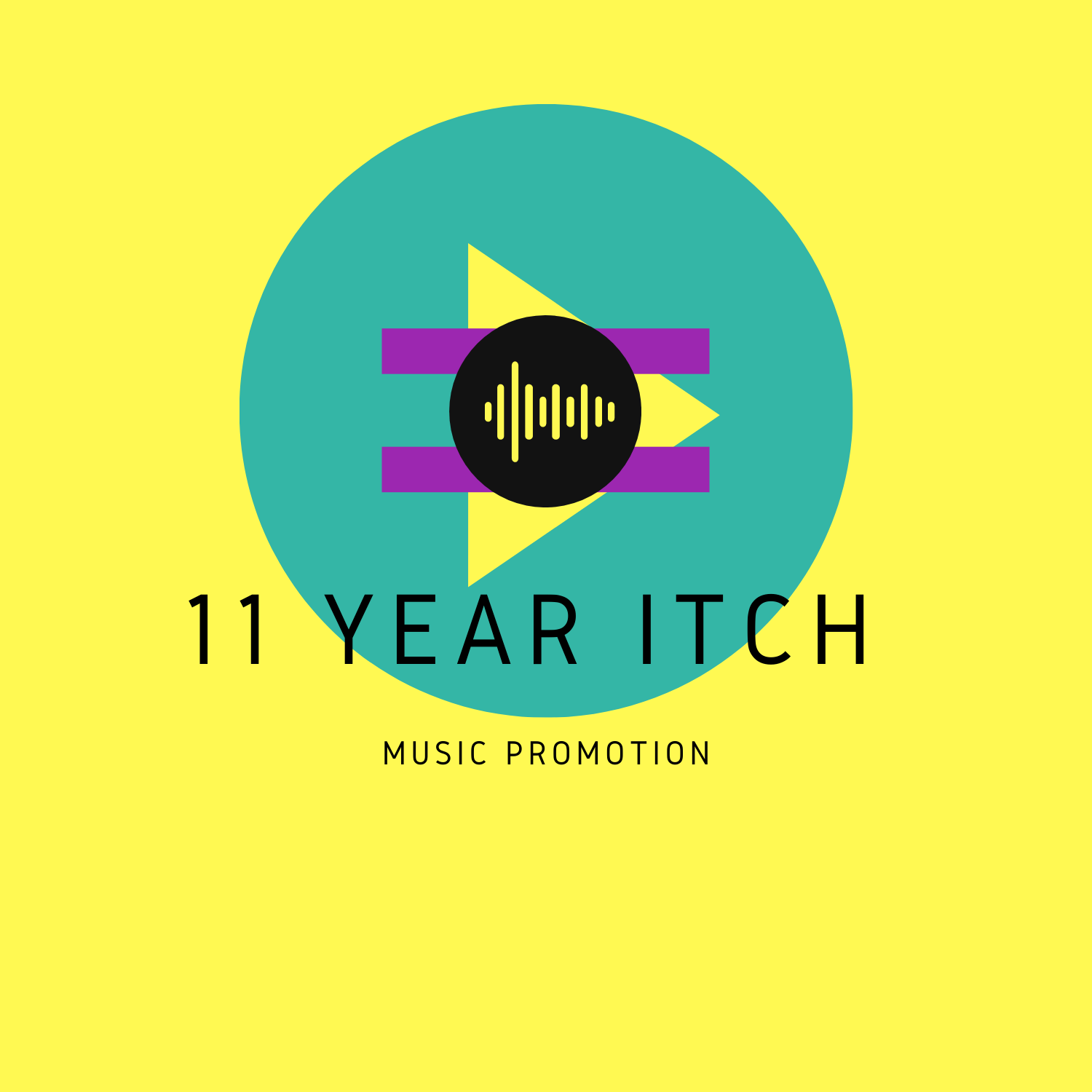Kentucky musician and composer Ben Sollee, has been blurring boundaries with his musical style and career for nearly two decades – his latest album, Long Haul (2024) is no exception. Drawing on tonal influences from the American and global south, Sollee’s vocals and unique cello style thread through each track binding seemingly disparate chapters of his journey – the Long Haul.
After his last album in 2017, Sollee took a break from touring to grow his family and deepen community connections in Louisville, KY. Now a father of three, Sollee has leaned into his work as a composer; scoring films such as LAND from director Robin Wright, and Maggie Morre(s), a John Slattery film featuring Tina Fey and Jon Hamm. He also scored the podcast series Unreformed, which was recently nominated for a Peabody Award. Outside of music, Sollee helped launch the non-profit Canopy, which supports Kentucky businesses positively impacting their communities and planet.
Like so many, the COVID-19 pandemic years, which Sollee refers to as “the great pause,” brought loss and grief. The deaths of his mentor Jon Rieger, his father Bob Sollee, and his long-time musical partner Jordon Ellis presented him with opportunities for reflection and growth. This in turn, gives the new record a sense of buoyancy, a feeling of rising out of a depth, seven years coming.
The title track “Long Haul” tells the story of Sollee’s nearly two year struggle with long-COVID. The lyrics paint in broad strokes and are relatable to anyone who’s been forced – for whatever reason – to shift their relationship to their body. He sings, “I didn’t know how rich I was until this poverty,” lilting up to a high note letting us know he’s embraced and grown from the experience. “I realized I had a very exploitative relationship with my body and my creativity,” says Sollee. “I realized the most radical thing you can do is to care for yourself; not in some optimized, individualistic way, but as an aspect of nature and society” Serving as the album’s title, “Long Haul” takes on a universal meaning as a journey that we’re all on together.
While working on the record, Sollee lived by the mantra, “show our fingerprints,” referencing the guidance of NY Times tech reporter Kevin Roose in his book Futureproof. In this age of automation and generative technologies, Sollee chose to employ breathy woodwinds, choirs, tactile hand percussion, and his signature cello style, all of which shine through in the Dolby ATMOS Spatial Audio version of the album (a first for Sollee). Evoking the music of Paul Simon, there is a forward momentum to the songs that creates a sense of journey. And this traveling groove comes through on key songs like “Misty Miles” and “Under the Spell”, both of which explore the friction of being human in the rush of technology and consumerism. The refrain “When will enough be enough?” in Misty Miles is sung over the smooth, rhythmic cadence of bicycling, juxtaposing imagery of “crooked live oaks” with Charleston, South Carolina’s more artificial landscapes.
Both of these songs give an honest description of how Sollee relates to his work, accomplishments, family and community. “I’m constantly trying to let go of all of these ambitions and desires… just be present with my family, with nature…and to be present where I am in life.”
While many of the songs on Long Haul ask questions, the track “One More Day '' makes a plea. “It’s a love letter,” Sollee explains “My greatest hope for this song is that it can be shared in times of crisis, maybe when someone you know is toeing the line of that irreversible choice: ending their life.” In February of 2023, Sollee lost his long-time musical brother and close friend Jordon Ellis to suicide. The two had recorded and toured together since 2009. The idea for “One More Day'' came to Sollee as he walked through the Louisville airport for the first time without his travel companion. In his words, “His spirit was everywhere. I realized, no matter where I went, the memory of him was going to be there… pretty much every airport and venue, I've walked through and played with him.” The lyrics, rich with descriptive imagery of their travels together, ride the song’s distinct percussive groove, “a strange groove” as Sollee describes it. It was inspired by free-range jams on and off stage with Ellis that explored Tejano, Soca, and Caribbean musical influences, full of buoyancy and joy.
Without Ellis as his percussive and collaborative keystone, Sollee found himself creatively adrift while writing the record. But over time, he viewed it as an opportunity for growth and to explore new collaborative relationships. This, and Sollee’s desire to bring hand-percussion to the album led him to multi-instrumentalist, Patrick Duke Graney.
Other creatives featured on the album include Grammy nominated Jason Clayborn and the Atmosphere Changers, Stuart Bogie who arranged and performed the winds and horns, bassist Alana Rocklin, of STS9, long-time friend Dan Dorff on keys and drums, and multi-instrumentalist Brandon Coleman. Kentucky-based artist Ceirra Evans painted the album cover. The image features a man sauntering along a winding path through Eyvind Earle-esque woods. It conveys a sense of wonder and flow, similar to the record, with the man distinctly in the middle of his journey – constantly arriving, but not yet finishing – on a long haul.































